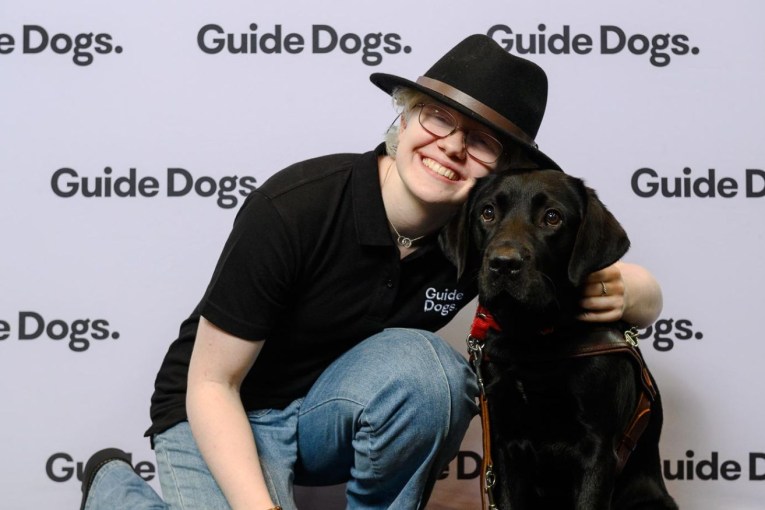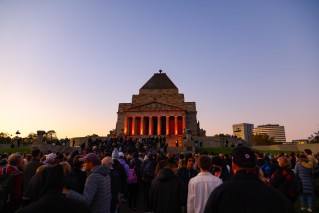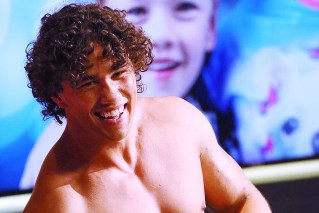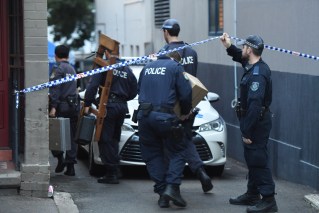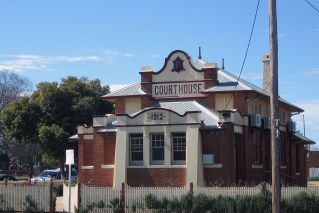Still kidnapped and abused … so much for hashtag activism
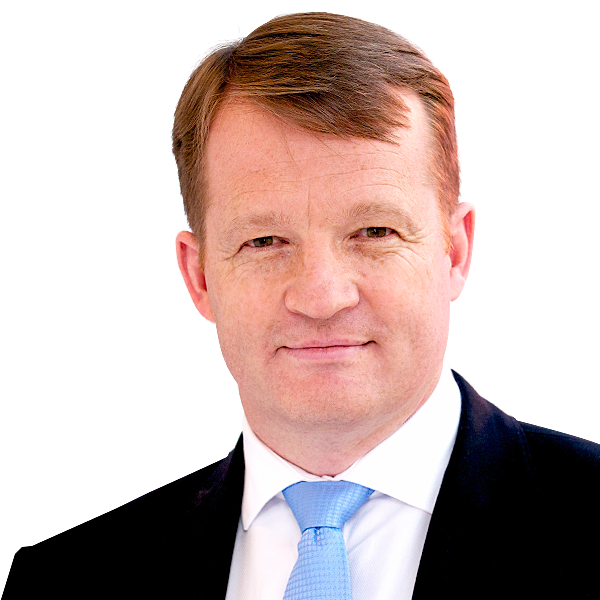
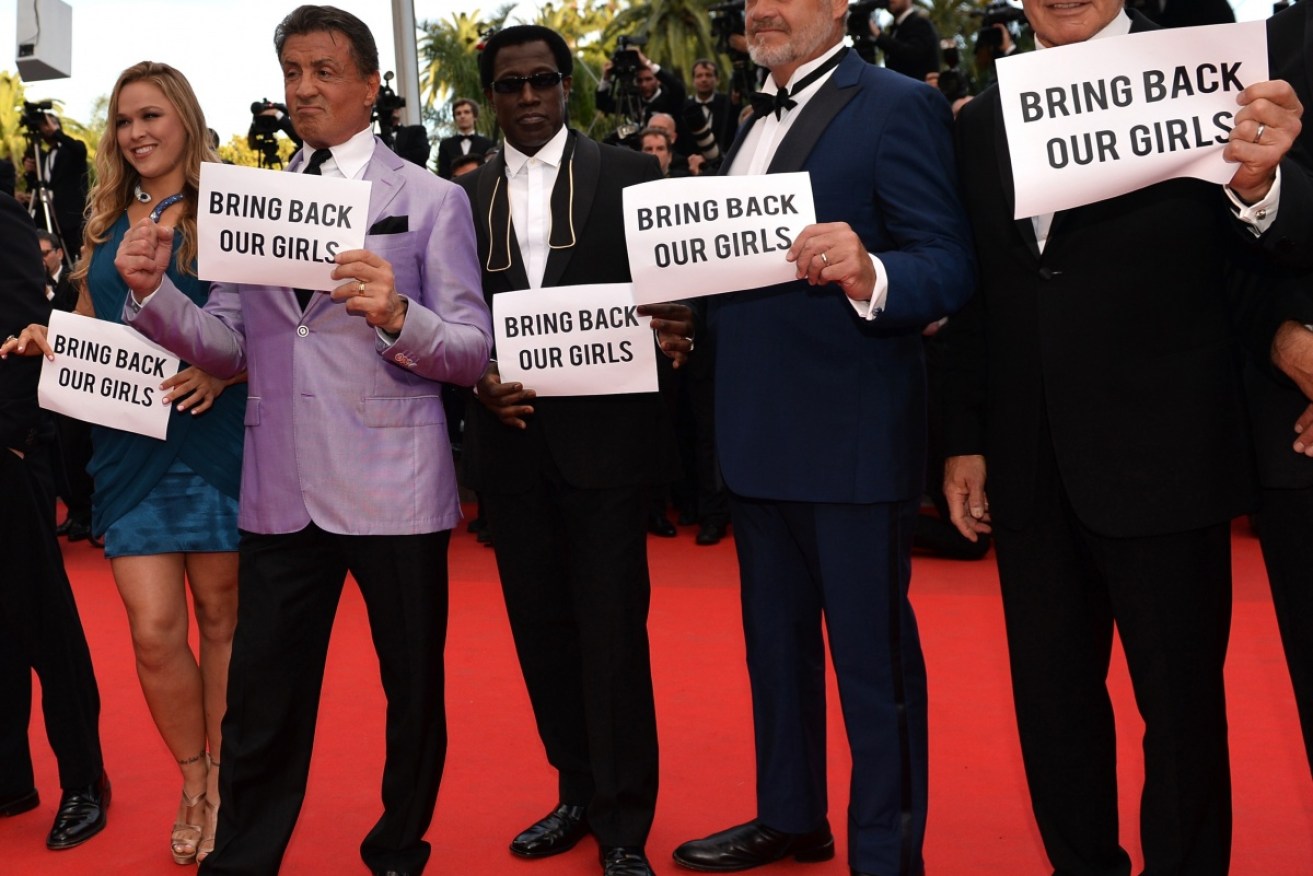
Hollywood stars hold up #Bringbackoutgirls signs on the red carpet. Photo: Getty
According to the president of Nigeria, 113 of the 276 schoolgirls kidnapped by Boko Haram three years ago are still being held in sexual slavery.
Back then, when the girls were captured, the world was rightly outraged, with many people supporting the social media hashtag #BringBackOurGirls.
But the cries for their freedom died down well before the girls were released and more girls have been kidnapped this past week.
The Wall Street Journal rightly asked this week “What happened to the 10,000 boys kidnapped by Boko Haram?”
Time for another hashtag?
In the last couple of weeks, the issue of sexual exploitation, abuse, and child rape in the aid industry was highlighted by the #OxfamScandal hashtag.

Parents of the girls kidnapped by Boko Haram in an earlier incident.
Code Blue, a charity that has done good work on raising the issue of sexual abuse by peacekeepers and recently turned a welcome eye to abuse by civil aid workers, wants what it calls a #MeTooUN campaign.
I welcome their interest and action, but question the action by hashtag.
Sexual abuse in the aid industry is an issue I have wanted action on for years and it’s also why I helped found HearTheirCries.org well before hashtags became popular. It is an issue which has been covered by The Independent, long before Oxfam.
Last year the Associated Press (AP) released results from an investigation that uncovered nearly 2000 allegations of sexual abuse and exploitation by UN peacekeepers and other personnel around the world over the past 12 years. More than 300 of the allegations involved children.
There was no hashtag then, nor when the UN Secretary General admitted last year to 311 instances of sexual assault in 2016 alone – and that was just in peacekeeping. Where was the #StopUNRape hashtag?
So why now?
Oxfam is different because it is the first time we realise that aid sexual abuse is done by ‘one of us’. People did not get angry at the UN’s soldiers from Africa raping children in Africa. They did get angry when they realised a white man with Oxfam was abusing women on their dime.
It may be disconcerting that people only became angry when they realised it was their money that funded the crimes. Disconcerting or not, this gives us an opportunity to fix the broader problem, but only if we do not allow our anger to fade with a diminishing hashtag.
Last week I was asked “Do I think this will be the aid industry’s ‘MeToo’ moment” and my answer was “I hope not.”
I hope not, because hashtags have a history of spiking – and then fading.
The issue of sexual abuse in the Aid industry must not fade.
Take the ‘#BringBackOurGirls’ campaign for the girls in Nigeria. Concerned global citizens updated their Facebook pages and tweeted photos, holding plaques saying ‘#BringBackOurGirls’. Even Michelle Obama got in on the act.
Once Ms Obama was in, together with a whole lot of celebrities, people claimed ‘victory’. They declared success before the girls came home.
Retweets are not my measure of success. Bringing the girls home would be real success.
A hashtag #MeTooUN retweeted a million times, would not be my measure of success. Prosecuting a UN official or charity trustee for turning a blind eye to abuse would be a success. Only then would abuse stop.
Maybe there really is nothing we can do but express outrage – and expressing outrage does help a little. But it helps more if people keep going until the thing that sparks their outrage actually stops.
Like they did with segregation.
Like they did with apartheid.
It will be interesting to see if the #TimesUp actresses, who currently act as ambassadors for UN Agencies and Charities now shown to be worse than Weinstein, will use the opportunity to suspend their ambassador roles until the UN and charities live up to the expectation of transparency and accountability.
If not, then the wearing of black at the upcoming Academy Awards would seem just a trifle shallow.
Andrew MacLeod is a visiting professor to Kings College London, a non-executive director to Australian and US companies and a former high level UN official. Co-founder of HearTheirCries.org, a humanitarian, author and speaker he can be followed on @AndrewMMacLeod.
